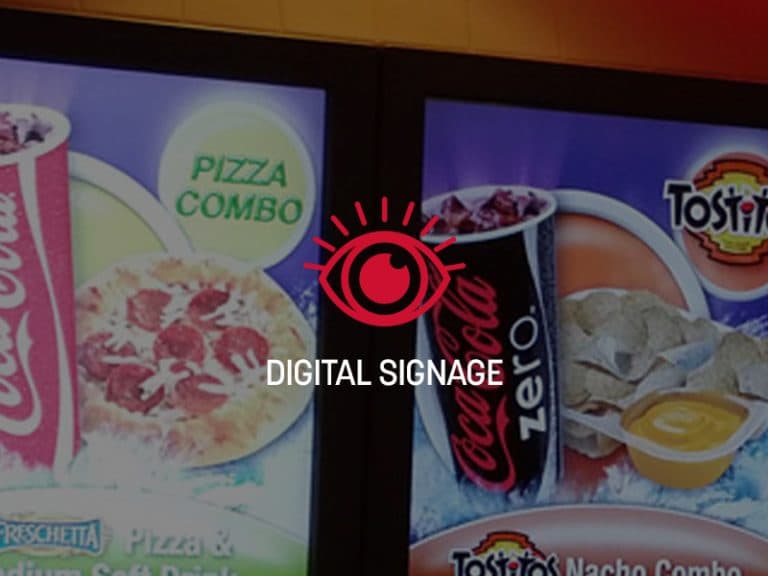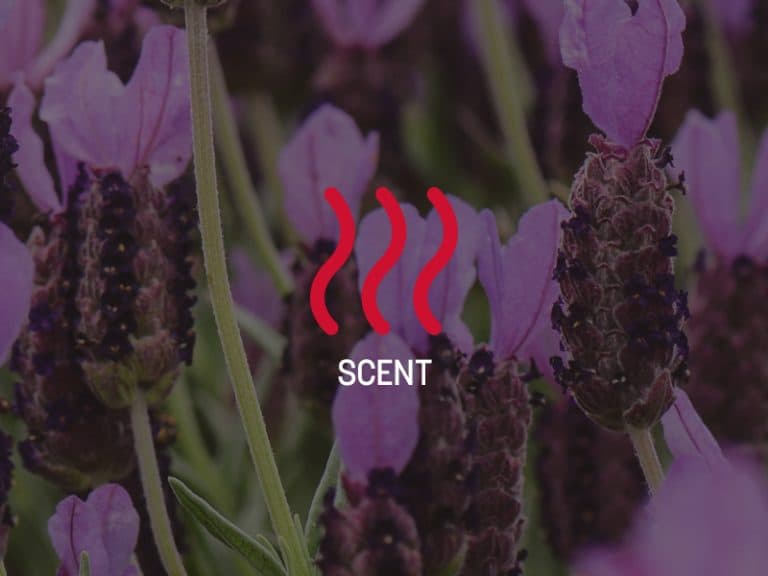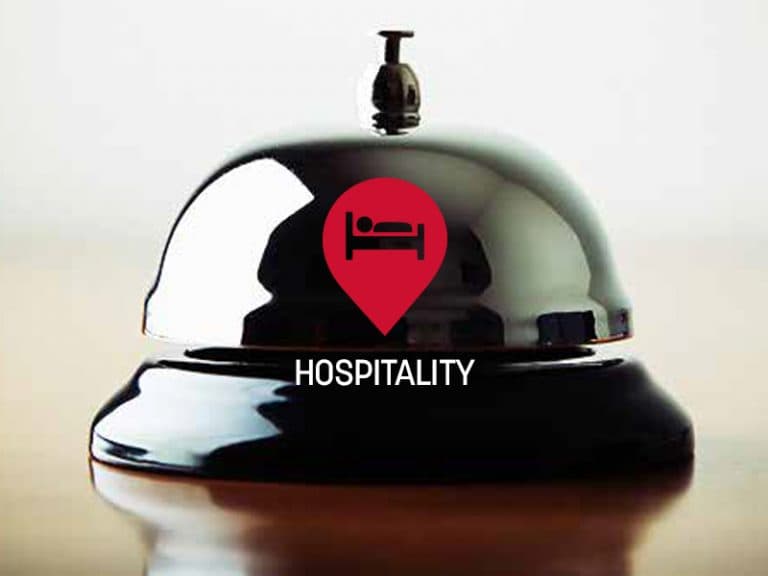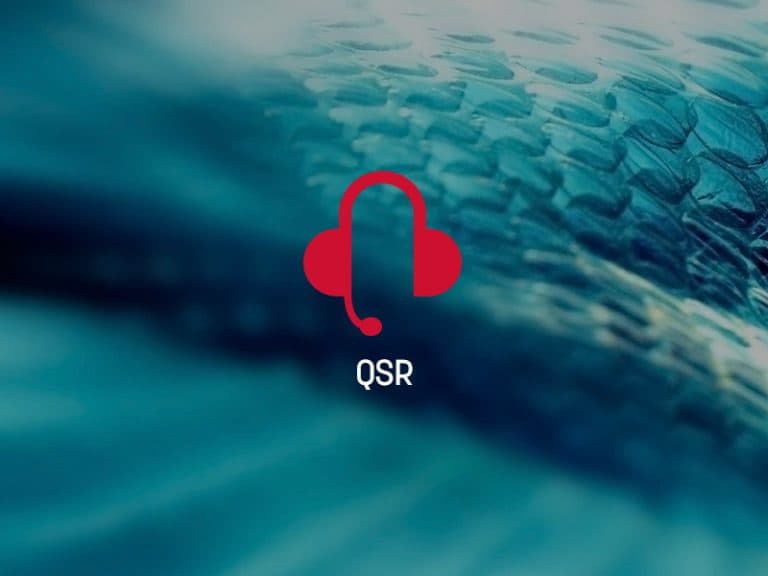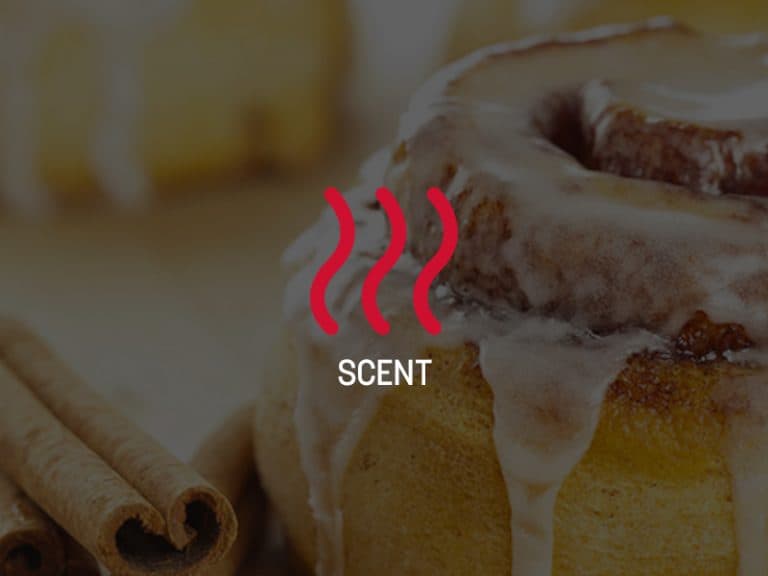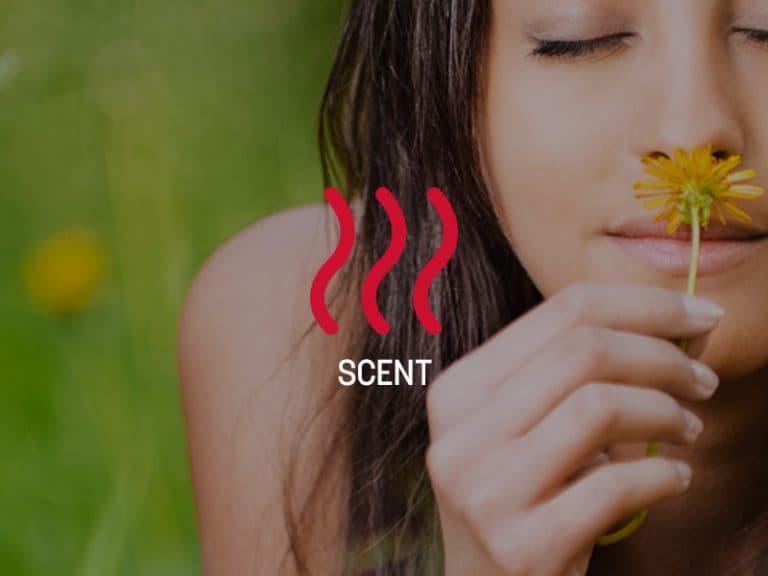MOOD:HOSPITALITY
Scent Marketing for Hospitality
From boutique bed and breakfasts to luxe hoteliers, the hospitality industry is catching on to the truth – the nose knows. Scent marketing is an increasingly popular method for establishing and reinforcing brand identity, while enhancing the customer experience. By engaging your clientele’s olfactory senses, your brand can further guest satisfaction, and encourage clientele loyalty and repeat business.
BUT, WHAT IS SCENT MARKETING, EXACTLY?
While most businesses in the hospitality industry have long given detailed attention to their visual and auditory presentation, the enhancement of the customer experience through other senses is a relatively new practice. Scent marketing is the act of engaging your clientele through the subtle presentation of sensory elements in to the environment – specifically, by targeting their sense of smell.
When a business presents a sensory experience which engages their clientele’s olfactory senses, it can evoke a favorable subconscious reaction which helps reinforce positive brand associations.
SO, HOW DOES IT WORK?
It’s actually quite scientific. Our sense of smell is closely tied to those areas of the brain which are primarily concerned with the associations between memory and emotion. In fact, scientific research has proven that our sense of smell is one of the most powerful emotional triggers. Memories associated with a particular olfactory experience tend to be stronger than those without, and the recognition of a distinct scent can immediately call up strong images of the place where that scent was first encountered.
WHY IS SCENT MARKETING USEFUL TO THOSE IN HOSPITALITY?
Scent marketing can help create a distinct and long-lasting impression on guests. In fact, many businesses in the hospitality industry have begun creating their own signature fragrances for use throughout the customer experience. From subtle environmental fragrance diffusers, to custom-created toiletries, candles and room sprays, the opportunities for engaging clientele through scent presentation are many. By infusing your customer experience with scented stimulus, their olfactory memory will be engaged – reinforcing the positive emotional connections between the memory of their experience, and your brand’s unique fragrance.
WHICH SCENT IS BEST FOR YOUR BRAND?
First, a brand should carefully consider its current image. Who is your target audience? What mood does your environment strive to evoke? What feelings would you like to invoke? The scent you adopt should reflect your brand’s unique intentions and goals. (For example, an energizing spa with a primarily female clientele might choose a refreshing green tea or grapefruit scent, whereas a relaxation-oriented men’s lounge might choose tones reminiscent of leather or tobacco.) It’s essential that you consider the environment, location, mood and intention for your space, in order to make an appropriate selection.
Regardless of the scent chosen, it’s essential that your fragrance be carefully applied. To create an ideal customer experience, your fragrance should remain ambient – meaning it should subtly permeate the space, without intrusion or immediate perception.
Many businesses have found it helpful to consult a qualified professional when considering scent marketing like the sensory experts at Mood Media. The first step is to assist clients with the careful selection of fragrances among 1500 options that best support the overall in-store experience your brand aims to achieve. A professional is also recommended because it’s not easy to correctly incorporate scent in your environment. There are customer sensitivities to be aware of, plus you want to ensure that the scent is dispersed at the ideal level.
To learn more about obtaining a unique sensory experience perfect for your environment and clientele contact the experts at Mood today.
Download this Article
Resource Articles



